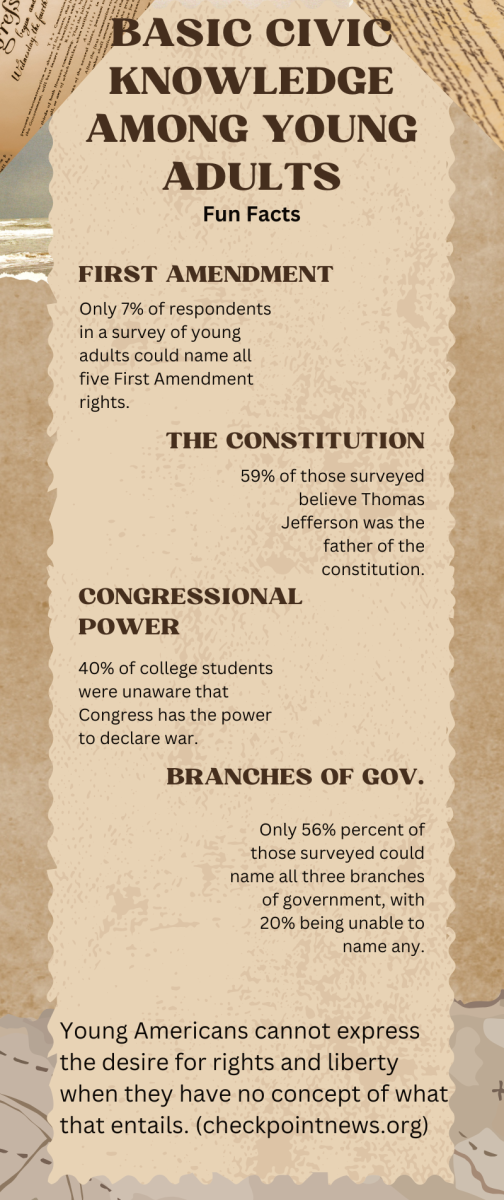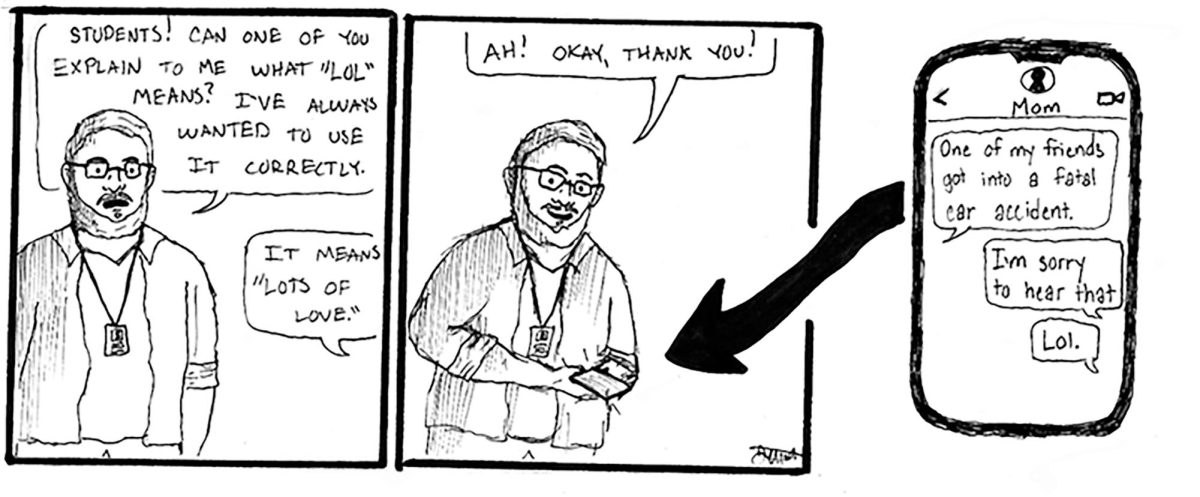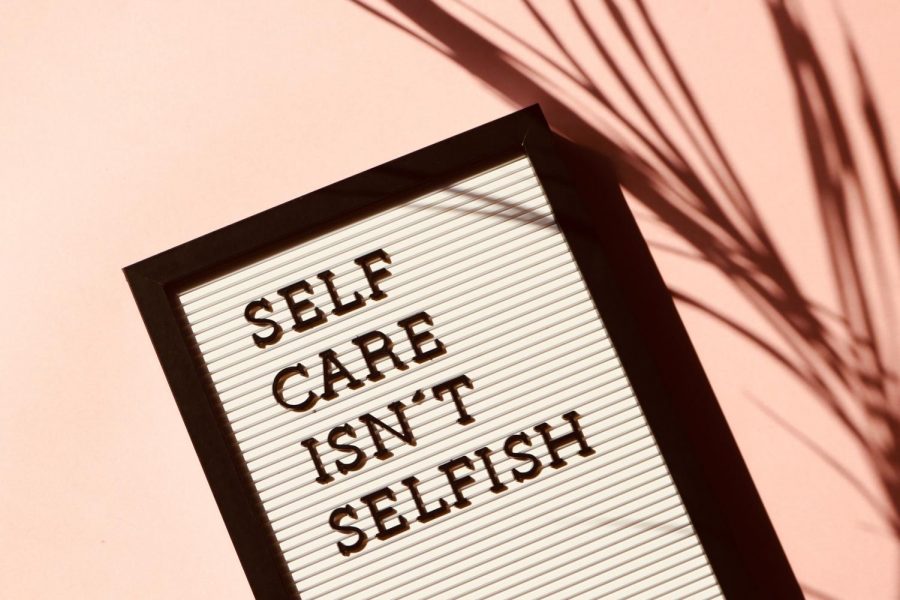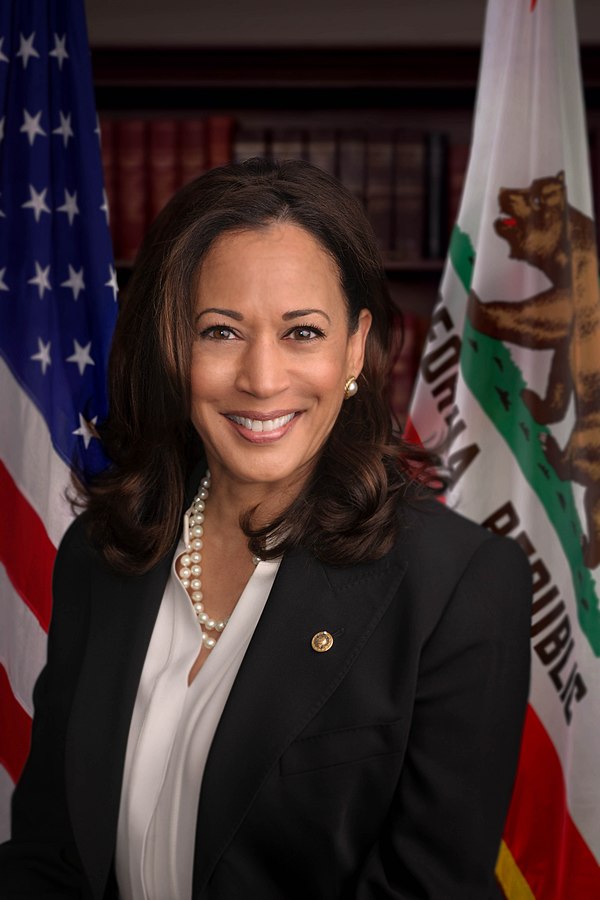Taking the taboo out of religion
February 24, 2019
It is said that there are three subjects one never brings up in a professional setting: sex, politics, and religion. However, stating this does not mean that these subjects are always inappropriate or lewd. Sometimes there is a misconception that you should avoid speaking about these subjects altogether, but this stunts the growth of a personal relationship beyond polite small talk, specifically surrounding the subject of religion.
Conversing with others about religion, no matter how well you know them, can be an opportunity for growth and maturity for both parties involved. Religion is stigmatized in a way that makes people intolerant and ignorant towards a religious choice that does not match their own. While it makes sense to be confused when meeting someone who practices a religion you are unfamiliar with, the only thing that is inappropriate about this topic is minimizing someone’s beliefs because you are not comfortable with them. We need to educate ourselves by removing the negative connotation from religious speech and removing judgment from the conversation. The more we speak about a subject, the more we can learn to be tolerant of other beliefs.
When I speak to older relatives, I notice they become surprised when the practices of another religion are mentioned. Growing up in the ’60s and being excluded from many other cultures besides their own keeps them from discussing certain subjects with people who are different from them. This isn’t necessarily a flaw on their part: it’s just how they were raised. While it may be harder for them to change, if we bring religious discourse to our generation, we can avoid being ignorant and make it a peaceful conversation. We must reverse a hateful pattern by embracing disagreement and confusion by asking questions and sharing peaceful opinions.
The more you learn, the smarter you become. So why not treat a discussion about religion educating yourself? Every time someone brings up their personal religious beliefs, instead of arguing based on your own, attempt to ask them questions that have no connotation (bad or good). You can ask curious questions about holidays they celebrate, if they believe in a polyonymous or monotonous god, what their favorite principle is, etc. Questions work best when asked politely, and this is a great way to avoid offending someone or trying to override their religion with yours. Instead of making it a competition, make it a lesson for yourself.
Aren’t you tired of arguing with people about what is true and what is not? When you take a step back from your own opinions, it’s easier to see that we do not really know anything for sure about religion. Perhaps this may be up to debate, but don’t most people have questions that just can’t be answered? Religion has always and will always be a question in its simplest form. What if the whole time you have been defending your beliefs, something that adheres better to what you believe has been waiting patiently for you to find it?
However, some may believe that the reason for avoiding religious chatter in conversations is because it makes us all equal and avoids judgment when it’s not necessary. For example, if you were to tell someone you were practicing a religion and they were ignorant enough to pass judgment, which could hinder their support or friendship, especially if you were conducting business with them. It may be unrealistic to expect everyone to be 100 percent tolerant.
If educators, parents, and self-aware adults could remove the negative stigma from speaking about religious choices and beliefs, it would be easier to get along with people from all cultures, while learning something new you may have never thought of.


























































